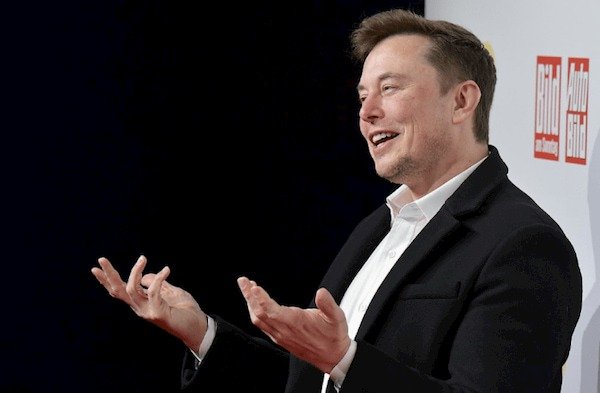In an era where legacy is carefully curated and public fascination with billionaires runs wild, Lil X, also known as X Æ A-12 Musk, son of Elon Musk and musician Grimes, is a name that provokes curiosity, speculation, and even philosophical debates. With a name as cryptic as his father’s tweets, the question arises: _Is Lil X destined to be the golden heir to Musk’s empire, or merely another illusion born from the enigmatic world of Elon Musk?_
As the world continues to monitor every step of this unique child’s upbringing, the mystery only deepens. Is he a calculated symbol of the future — a legacy engineered for greatness — or just another product of spectacle in an age of tech titans and digital distraction?
### A Legacy Engineered or a Public Distraction?
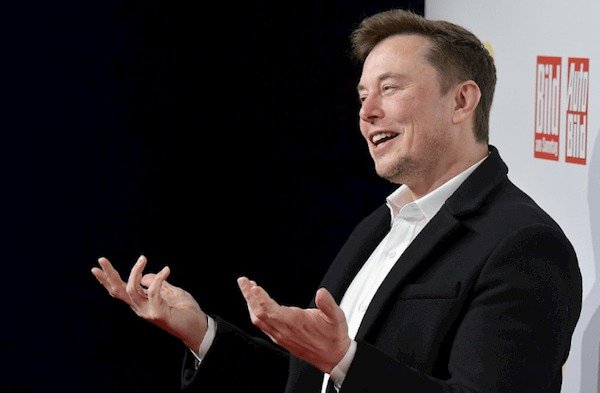
Elon Musk is no stranger to spectacle. From launching cars into space to trolling entire industries on Twitter (now X), his entire public persona thrives on the unpredictable. His son, Lil X, born in May 2020, was introduced to the world in a whirlwind of confusion and intrigue. The name itself sparked legal debates and memes, setting the tone for what many believe to be another chapter in Musk’s theater of the absurd.
However, beneath the flamboyance lies a deeper question: _Is Elon Musk deliberately crafting a legacy through his children?_ In interviews, Musk has spoken about the importance of humanity’s survival and advancement. To him, having children is part of that mission. But are these children raised to inherit, lead, and innovate — or are they symbols, designed to provoke and perform?
### The Expectations of a Musk Child
Lil X carries more than just a strange name. He carries expectation — the kind that can either forge greatness or suffocate potential. The public projects their fascination with Elon Musk onto Lil X, hoping for a next-generation tech savior. And yet, this assumption raises ethical concerns: _Should a child be expected to fulfill the dreams of a parent, especially when that parent is one of the most powerful men in the world?_
In a society obsessed with dynasties — from the Trumps to the Kardashians — the idea of a Musk heir fits neatly into the narrative. But what if Lil X doesn’t want the empire? What if he chooses art, anonymity, or something entirely unrelated to Tesla, SpaceX, or Neuralink?
### Grimes’ Influence: A Different Kind of Genius
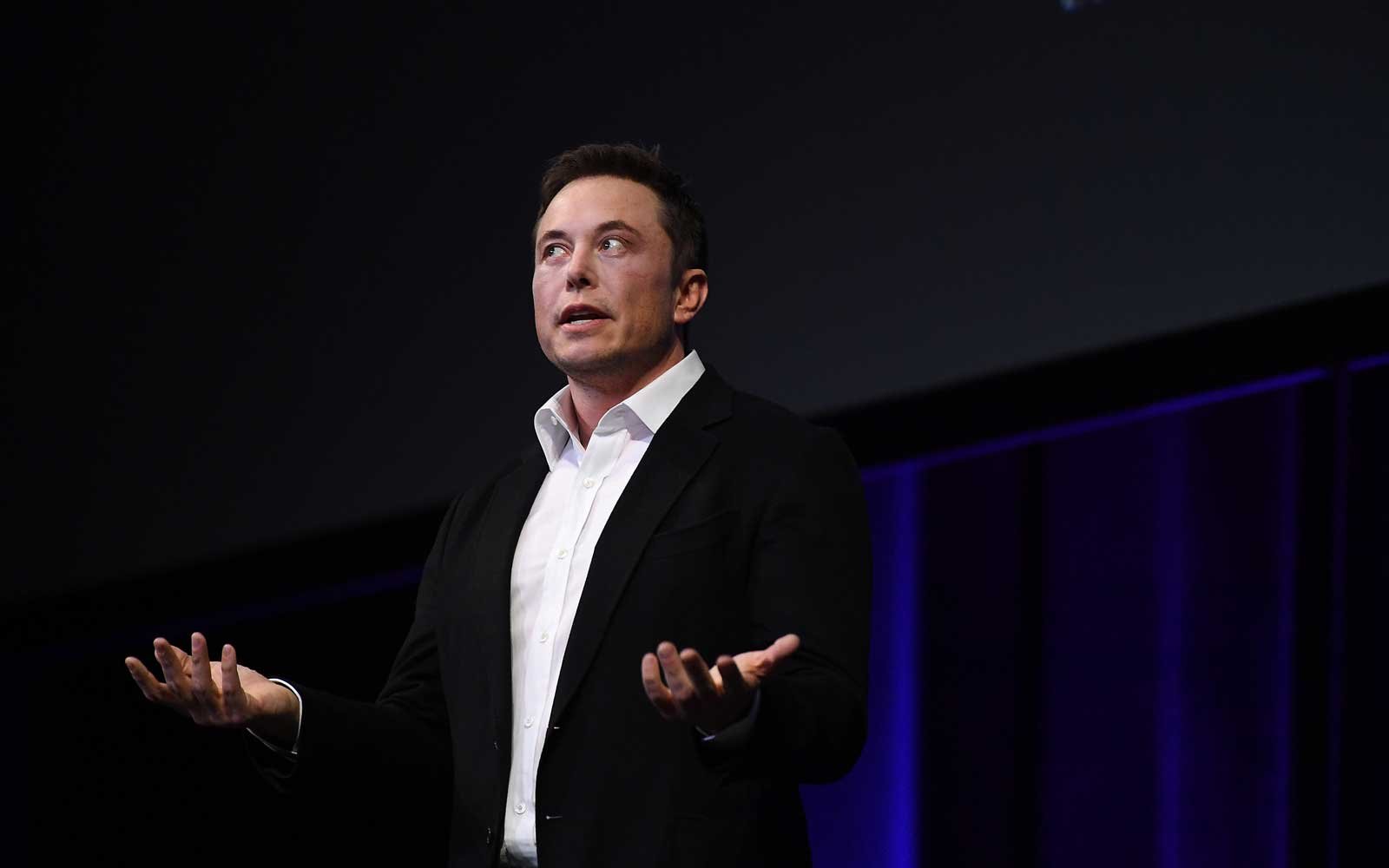
Lil X’s mother, Claire Boucher, known professionally as Grimes, adds another layer of complexity. A musical genius, futurist, and cultural rebel in her own right, Grimes represents a stark contrast to Elon Musk’s logic-driven persona. Together, they form a parental paradox — a fusion of art and science, emotion and intellect.
In interviews, Grimes has emphasized raising her children to be thinkers, creators, and individuals free from societal norms. With both parents pushing the boundaries of human experience in radically different ways, Lil X may very well be growing up in a pressure cooker of possibility. Or perhaps he is simply a child being raised with access to infinite potential and zero limitations.
### The Public Obsession with Tech Royalty
Our culture has a tendency to romanticize “the heir.” From ancient monarchies to corporate dynasties, we are drawn to the idea that greatness can be inherited. In the case of Lil X, the obsession is magnified by the mythos of Elon Musk — the man who aims to colonize Mars, digitize consciousness, and redefine transportation.
The public fascination isn’t just about who Lil X is, but what he _represents_. Is he the prototype of the post-human child? The first true “meta-human” born of a tech utopia? Or is he simply a kid, born into a strange world, with parents whose influence stretches across industries and ideologies?
### Nature, Nurture, and Neuralink
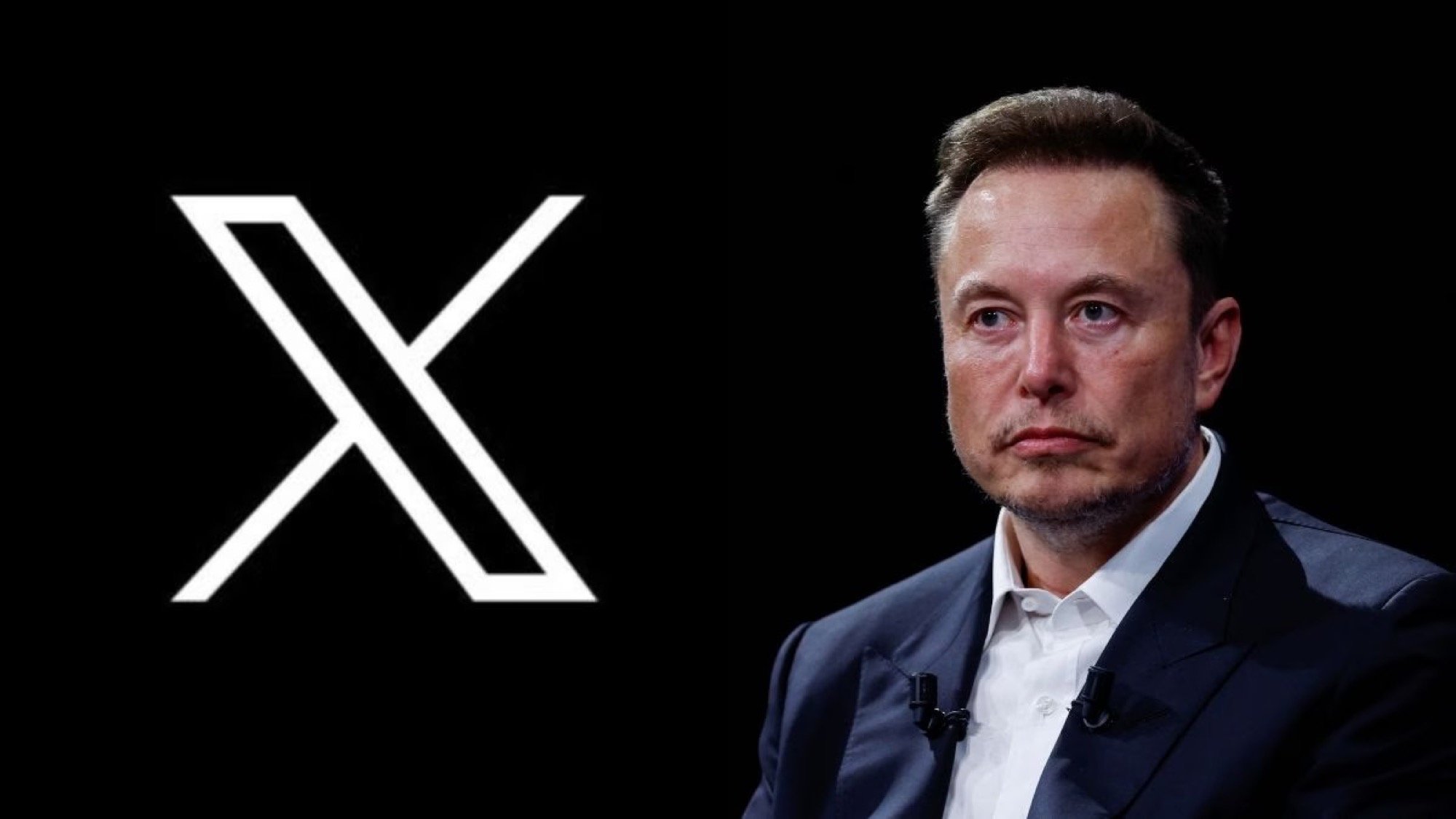
The conversation inevitably leads to the future of education and parenting. Elon Musk has previously expressed disdain for traditional schooling. He even created his own experimental school, Ad Astra (later Astra Nova), for his children, which focused on problem-solving and ethical dilemmas rather than rote memorization.
With Neuralink promising a future where thoughts can be uploaded and knowledge downloaded, one can only wonder if Lil X will be the first child raised with direct access to artificial intelligence. Is he being prepped to become something beyond human? A living bridge between man and machine?
Or is this all a mirage — another hyper-intellectualized interpretation of what might just be a child trying to understand the world like any other?
### The Weight of a Billionaire Bloodline
Being born into wealth is one thing. Being born into the orbit of Elon Musk is something entirely different. With power, visibility, and extreme influence come dangers — the loss of privacy, the pressure to perform, and the constant threat of exploitation.
While Musk’s companies create technologies that promise liberation, his son might grow up in a cage of expectations. Will Lil X be free to define himself? Or will the world define him first — as a Musk, as a symbol, as a legacy in progress?
### A Mirage in the Making?
Skeptics argue that the very idea of Lil X as a “golden heir” is more branding than reality. After all, Elon Musk thrives on narrative. Naming his child something unpronounceable isn’t just a personal quirk; it’s a statement — a form of myth-making. By giving his child an identity that challenges linguistic norms, Musk once again forces the world to engage on his terms.
But what if that’s the point? What if Lil X isn’t meant to be a conventional heir, but rather an extension of Elon Musk’s performance art — a living metaphor for the unpredictable, chaotic, brilliant world that Musk is building?
### The Future May Not Be What We Expect
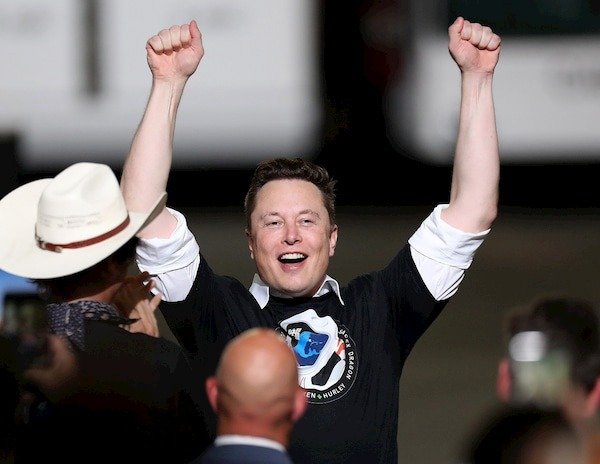
One of Musk’s most defining characteristics is his unpredictability. He doesn’t follow rules; he redefines them. That ethos may extend to his children. Lil X could grow up to be a physicist, a poet, a politician — or none of the above. And maybe that’s the real point: in a world obsessed with categorization and control, the future is no longer linear or logical. It’s fragmented, fluid, and deeply personal.
Lil X represents that uncertainty. He is, in many ways, the embodiment of a future we cannot define. In the same way that Musk’s companies disrupt industries, Lil X’s existence disrupts our expectations of legacy, parenting, and identity.
### Conclusion: A Legacy or a Leap of Faith?
So, is Lil X the golden heir or just another Musk mirage?
The answer may lie somewhere in between. He is both a child born into extraordinary privilege and a symbol manipulated by public fascination. He is the product of two radically imaginative individuals, and his future is likely to be just as unconventional.
Rather than focusing on whether he will take over SpaceX or Neuralink, perhaps the more important question is whether the world will allow him the space to define himself. In the end, the story of Lil X is not just about inheritance or destiny. It’s about the evolution of what it means to be human — and who gets to decide.
The future may not be what we expect, but in the case of Lil X, that might be exactly the point.
